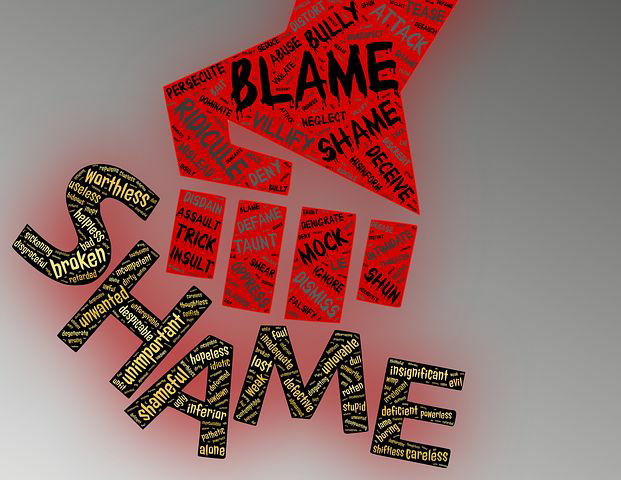It is easier to see the wrong of others than to see ours; and it is easier to condemn others than to condemn ourselves. But should this now make us indifferent to evil or miserable to point the right way to others or correct them?
Today many hide under this statement of Jesus and use it as cover-up for their shame when they should be sorry and ashamed of their mistakes; and they become ‘proud of their wrongdoing’ just to shield themselves of criticism. Do you know the best way to correct others is to first correct yourself? If you want to know continue reading slowly…
John 8:1-11
Jesus went to the Mount of Olives. At daybreak he appeared in the Temple again; and as all the people came to him, he sat down and began to teach them. The scribes and Pharisees brought a woman along who had been caught committing adultery; and making her stand there in full view of everybody, they said to Jesus, ‘Master, this woman was caught in the very act of committing adultery, and Moses has ordered us in the Law to condemn women like this to death by stoning. What have you to say?’ They asked him this as a test, looking for something to use against him. But Jesus bent down and started writing on the ground with his finger. As they persisted with their question, he looked up and said, ‘If there is one of you who has not sinned, let him be the first to throw a stone at her.’ Then he bent down and wrote on the ground again. When they heard this they went away one by one, beginning with the eldest, until Jesus was left alone with the woman, who remained standing there. He looked up and said, ‘Woman, where are they? Has no one condemned you?’ ‘No one, sir’ she replied. ‘Neither do I condemn you,’ said Jesus ‘go away, and do not sin any more.’
POINTS FOR REFLECTION
1. The mount of olives has at its foot a garden- Gethsemane where Jesus underwent agony before he was captured. Thus, it was a place of prayer and discernment for Jesus. Today the Lord calls us first into that place of discernment and evaluation that we may be worthy to enter the temple and offer our sacrifice of praise to God.
2. Our teachings, homilies, reflections and corrections cannot be fruitful or impactful if we don’t spend moments with God in prayer and discernment, because whatever we teach or say to others is drawn from the depths of our relationship with God. It is from the depths of our nature that the Lord inspires us to address the various needs around us. And so when God addresses an individual need, he addresses the needs of humanity.
3. Many commentators on this reading have said Jesus bent down to write the sins of the scribes and pharisees beginning from the eldest, hence they left in that order. But I say, Jesus does not condemn us. Like God, he says he has not come to condemn anyone. They left one after the other because before the judgement throne of God every secret is laid bare. Their own sins confronted them and they left.
TASK: Be slow to accuse others and never condemn anyone: you may see yourself tomorrow doing the things by which you condemn them today.







